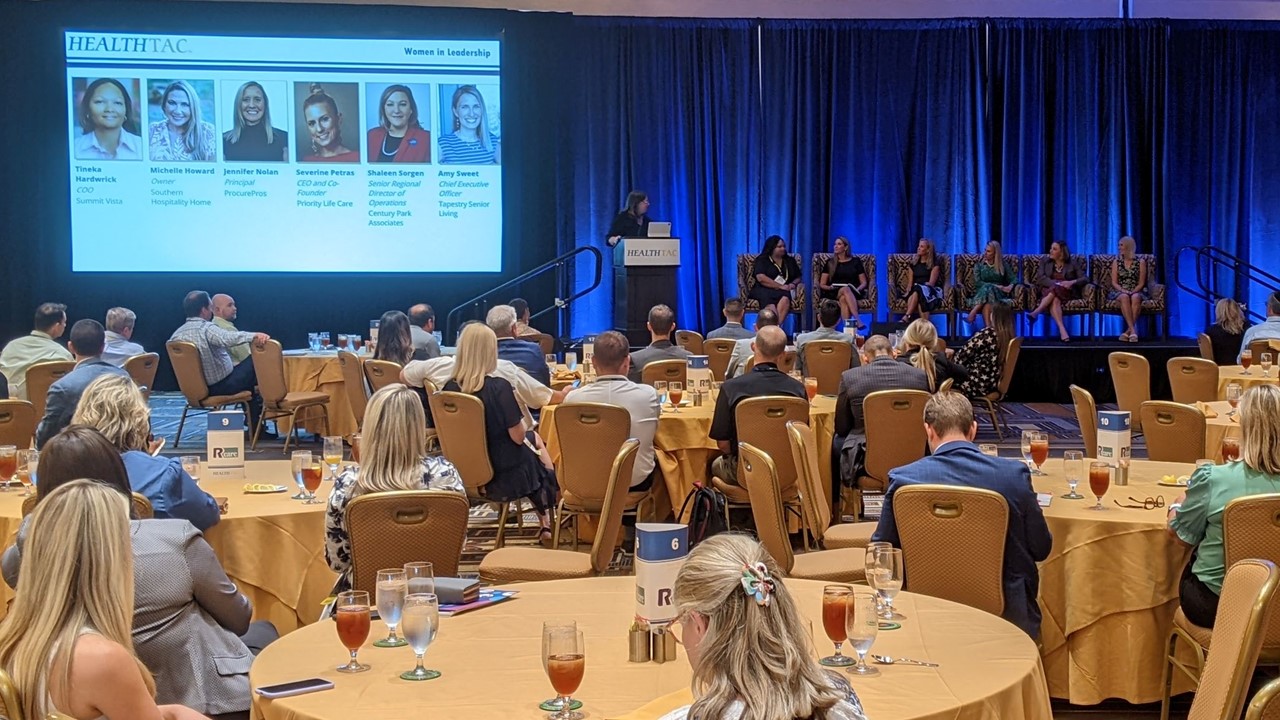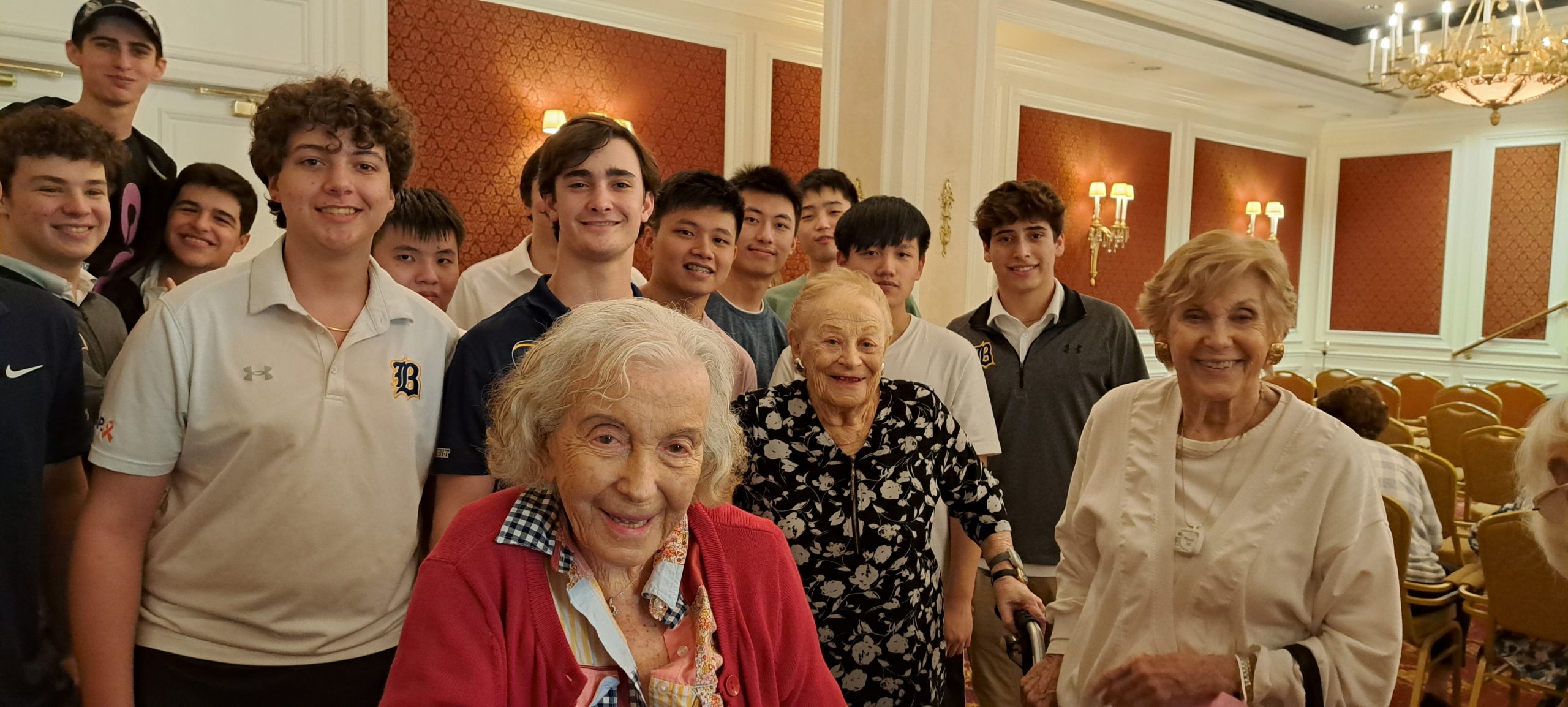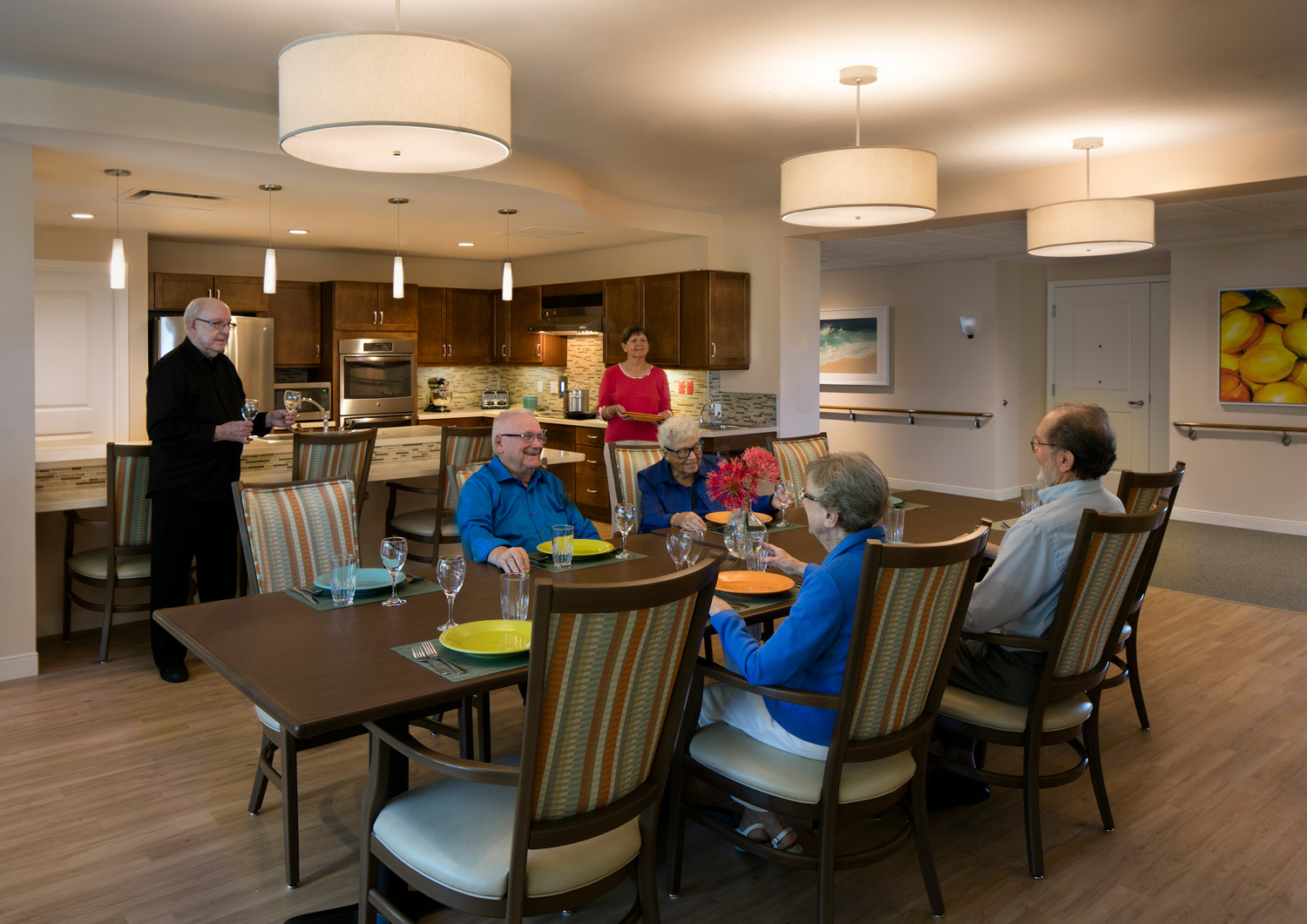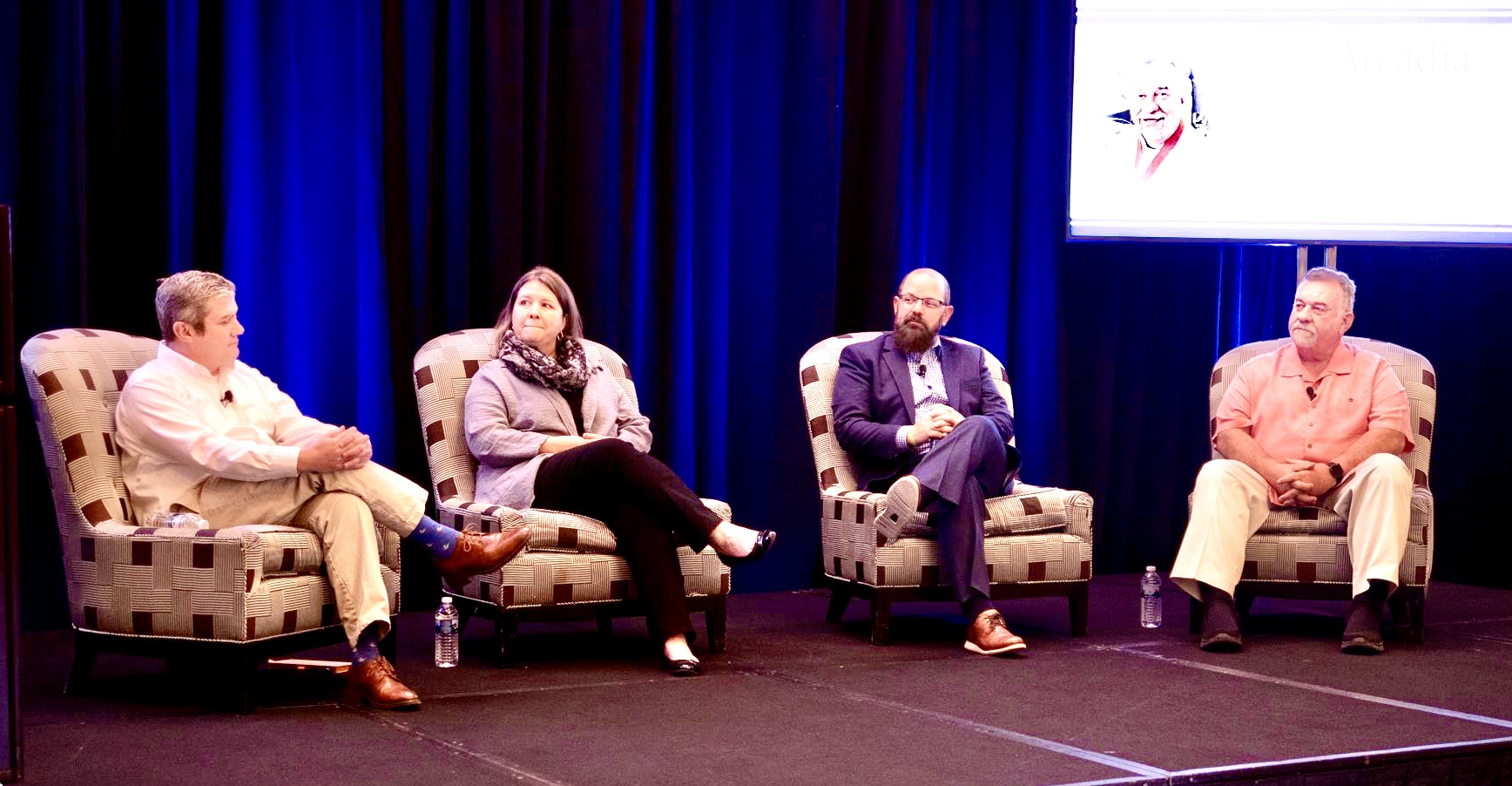
By Caroline Chan | October 6, 2022
An all-female panel from the recent HEALTHTAC event in Scottsdale, Arizona, discussed what it means to be a female executive in senior living. It was aptly entitled “Women in Leadership.”
The moderator—Margaret DeVinney, director of senior living sales at Enseo, Inc.—began the conversation with this question: “How is being too nice or too b*tchy been part of your woman leadership role?”
It involves a delicate balance. “If I’m too nice, I get taken advantage of and walked all over; if I’m too b*tchy or too bossy, I’m considered selfish, inhumane and I don’t take other people’s feelings into consideration,” said Michelle Howard, owner of Southern Hospitality Home, which is a boutique senior living community in Austin, Texas. “It comes down to balancing respect with likeability.”
Tineka Hardwrick, COO at Summit Vista, agreed. “Men can say the exact same thing that we say as women in leadership and it’s leadership; a woman says it and it becomes aggressive/b*tchy,” said, Hardwrick, whose company is in Salt Lake City, Utah. “That’s a big challenge for us to try to navigate that and lean in on balancing it.”
It could depend on who you’re speaking to. “Knowing your audience is critical,” said Jennifer Nolan, principal of ProcurePros, which is in Tennessee. “For some, a tone of being a bit more direct could be perceived as a bit b*tchy.”
One panelist stressed that it’s about awareness.
“While we have always had to be mindful and aware of the EQ in the room—and do it in heels, let’s be honest—we have to have the men at the table to have the conversations, too,” said Severine Petras, CEO and co-founder of Priority Life Care, which is in Fort Wayne, Indiana. “Because while we have to model this behavior of the balance between too b*tchy and too nice, we need the men in leadership to understand to not be saying those age-old things.”
Hardwrick presented the room with a challenge. “Before you say that a woman is too soft, or too aggressive or b*tchy—take a step back,” she said. “Is she doing her job? Is she doing it right?…Ok, she’s a leader; she’s not being b*tchy or aggressive.”
We also need to raise awareness about our biases, pointed out Amy Sweet, CEO of Tapestry Senior Living, which is based in Austin, Texas. She noted that both men and women have these biases around how we expect women to lead versus how we expect men to lead.
This bias has affected her access to funding. “98% of financing is still controlled by men…Getting my first loan for my first business—even $250,000, like getting a line of credit—no one wanted to give me any money,” Sweet said. “I found that men can go in and get the exact same line of credit…They can get two, three, four, even 10 times the amount—no balance sheet difference. Actually, mine was much better.”
Hardwrick also faced bias, but for different reasons. “I spent my executive years in Utah as a minority woman not of the dominant faith…For many years, I was the only woman with a seat at the table,” she said. “I felt like I always had to do double time/extra/more than the person next to me, and [I] never felt like I fit in.”
Fitting in and belonging are so important. Shaleen Sorgen, senior regional director of operations at Century Park Associates, noted that women tend to be insecure when applying to higher-level positions—especially when the C-Suite is male-dominated.
“[I had to] recognize that I had a place at the table, no matter what; female or male,” said Sorgen, whose company is in Cleveland, Tennessee. “Don’t be afraid to look at your personal insecurities and know your knowledge base, experience [and] worth.”
Knowing all of those are key, especially if/when you come face-to-face with condescending comments—like Petras has. And she’s heard it all:
- “Oh, honey, that’s cute; you’re the CEO.”
- “So it’s a family Your dad started the company?” (No, but he did work for them for a bit.)
- “So you started as a nurse, right?” (No, she was a banker before.)
“I just try to stay down that professional lane: this is what I do, this is who I am and this is how we started,” Petras concluded. “I’m not from the south, but I try to end it with ‘Bless your heart!’”
Howard’s biggest struggle has been finding that work-life balance.
“I will never forget fighting an unemployment case while in active labor in the hospital with my first [kid], or almost having my second in the car because I needed to finish payroll,” she said. “As a small business owner, you truly never have a day off…Ultimately, all of my residents’ lives are in my hands, so this affects my ability to be present and in the moment when I’m with my kids. And [there’s] a feeling of guilt when I’m not with them because of work.”
How has she dealt with this? “I have an amazing husband that is a very hands-on dad,” Howard said. “[And I] hired the right executive director and retained an incredible team that allows me to spend more time with my family.”
It’s important to have a good team behind you.
“I’ve made it a mission for myself to align myself with companies that value women in leadership,” said Sorgen, whose company has a female CEO. “She’s very inspiring for all of us…I feel like my voice matters.”
Her advice to other women: “If you’re aligned with a company that doesn’t see through that same lens, there’s many senior operators out there today that are putting a strong emphasis on growing their women leadership roles and really investing in what it means to be a woman leader,” Sorgen said.
You can also seek—and provide—mentorship and help to other women. “I’ve been intentional about looking for mentors for myself, but also to be a mentor to others,” Nolan said. “[It’s about] looking at other women who aren’t afraid to be transparent, bold and demonstrate the amount of leadership they have and what they do; it continues to empower me.”
Sweet tries to nominate women for leadership roles and programs. “Women are, a lot of times, juggling their family life and their career; they’re not getting out there and doing a lot of the personal growth and business growth,” she said. “A lot of them don’t even know these opportunities exist.”
The bottom line? “Build women up,” Hardwrick said. “Take their hand, pull them up and bring them with you.”
Howard’s had a lot of women approach her over the years to ask for guidance. “I’m always willing to help and support them in any way I can,” she said. “By being kind, empathetic, honest, knowledgeable, experienced and real, I hope we’ll uplift—and continue to uplift—other women into leadership.”





